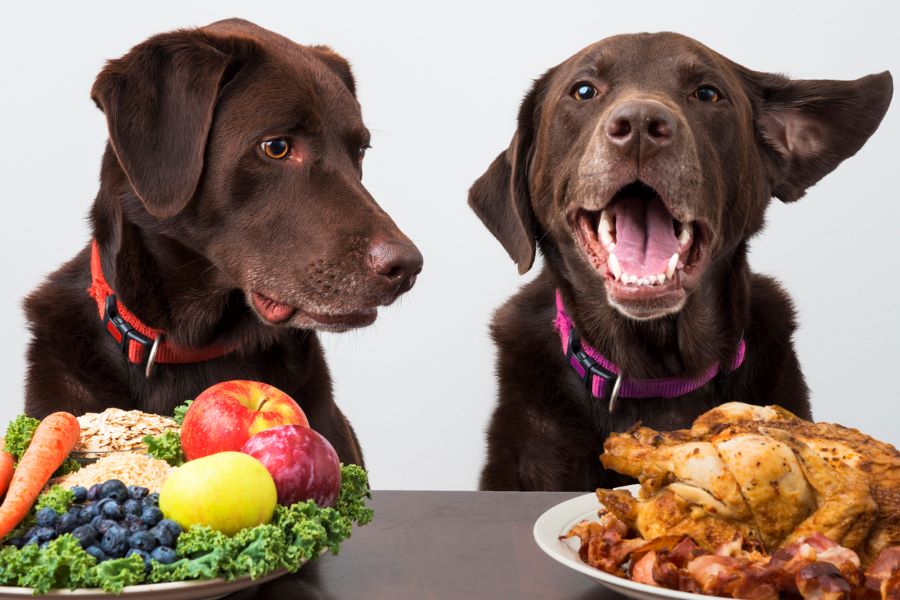Keeping our furry friends in the pink of health involves more than just love and cuddles. A crucial aspect of pet care is ensuring they receive a well-balanced and nutritious diet. Just like humans, pets thrive when provided with the right combination of essential nutrients. In this guide, we will explore the top pets’ healthy diet, offering insights into the nutritional needs of various animals and practical tips for maintaining their well-being.
Section 1: Understanding Your Pet’s Dietary Needs
1 Dogs:
Dogs are omnivores, requiring a mix of proteins, fats, carbohydrates, vitamins, and minerals. A high-quality commercial dog food that meets AAFCO standards is a good foundation. Additionally, consider incorporating lean meats, vegetables, and whole grains into their diet. Tailor the portions based on their age, size, and activity level.
2 Cats:
Cats are obligate carnivores, meaning they primarily need animal-based proteins. A balanced cat diet includes high-quality commercial cat food rich in protein, essential amino acids, and taurine. Wet food can provide additional hydration. Avoid feeding them dog food, as it lacks certain feline-specific nutrients.
3 Birds:
Birds require a diverse diet with a mix of seeds, fruits, vegetables, and pellets. Specific species may have unique dietary preferences, so research your bird’s nutritional needs. Calcium and vitamin-rich foods are essential, and fresh water should always be available.
4 Small Mammals (Rabbits, Guinea Pigs, Hamsters, etc.):
These pets benefit from a combination of high-fiber pellets, fresh vegetables, and occasional fruits. Hay is crucial for dental health and digestive well-being. Avoid high-calcium or high-protein diets, as they can lead to health issues.
Section 2: Tips for a Healthy Pet Diet
1 Portion Control:
Avoid overfeeding, as it can lead to obesity and related health problems. Follow feeding guidelines on pet food packaging and adjust based on your pet’s individual needs.
2 Fresh Water:
Clean, fresh water should be readily available at all times. Proper hydration is vital for digestion, nutrient absorption, and overall well-being.
3 Treats in Moderation:
While treats can be used for training and bonding, they should be given sparingly. Opt for healthy, species-appropriate treats, and avoid those high in sugar, salt, or artificial additives.
4 Regular Veterinary Check-ups:
Schedule regular vet visits to monitor your pet’s health and discuss any dietary concerns. Your vet can provide tailored advice based on your pet’s age, breed, and medical history.
Conclusion:
Maintaining a top pets’ healthy diet is a key factor in ensuring a long and happy life for our beloved companions. By understanding their specific nutritional needs and following these tips, you can contribute to the overall well-being and vitality of your furry, feathered, or scaled family members. Remember, a healthy diet goes paw in paw with a happy and thriving pet!

